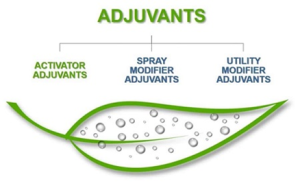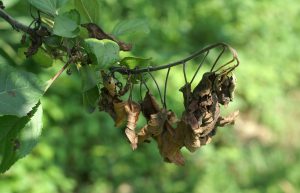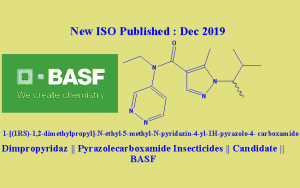In some parts of the United States, last season’s drought was a moot point. Dry weather can affect weed control in several ways. If early rains provided a good mix of residual herbicides and spraying was done when weeds were small, weed control was very good because many weed seeds germinated during the drought period.
To protect crop yield, it is always best to use programs that include both effective residual herbicides at planting followed by timely post-season herbicide applications. Drought can also affect the performance of herbicides, especially if sufficient moisture is not available to stimulate the activity of soil microbes and the chemical reactions that break down herbicides. In severe drought conditions, herbicide residues may remain and cause problems with crop establishment in the spring.
In most cases, these negative effects are observed in areas with overlapping herbicide applications or in fields where herbicides were applied late in the season. In general, the herbicides of interest are: atrazine, mesotrione, clarimoron, prosulfuron, fomzafen and imazatapyr. It is always best to refer to the product label to determine the proper intervals.
Source: Agropages.com








